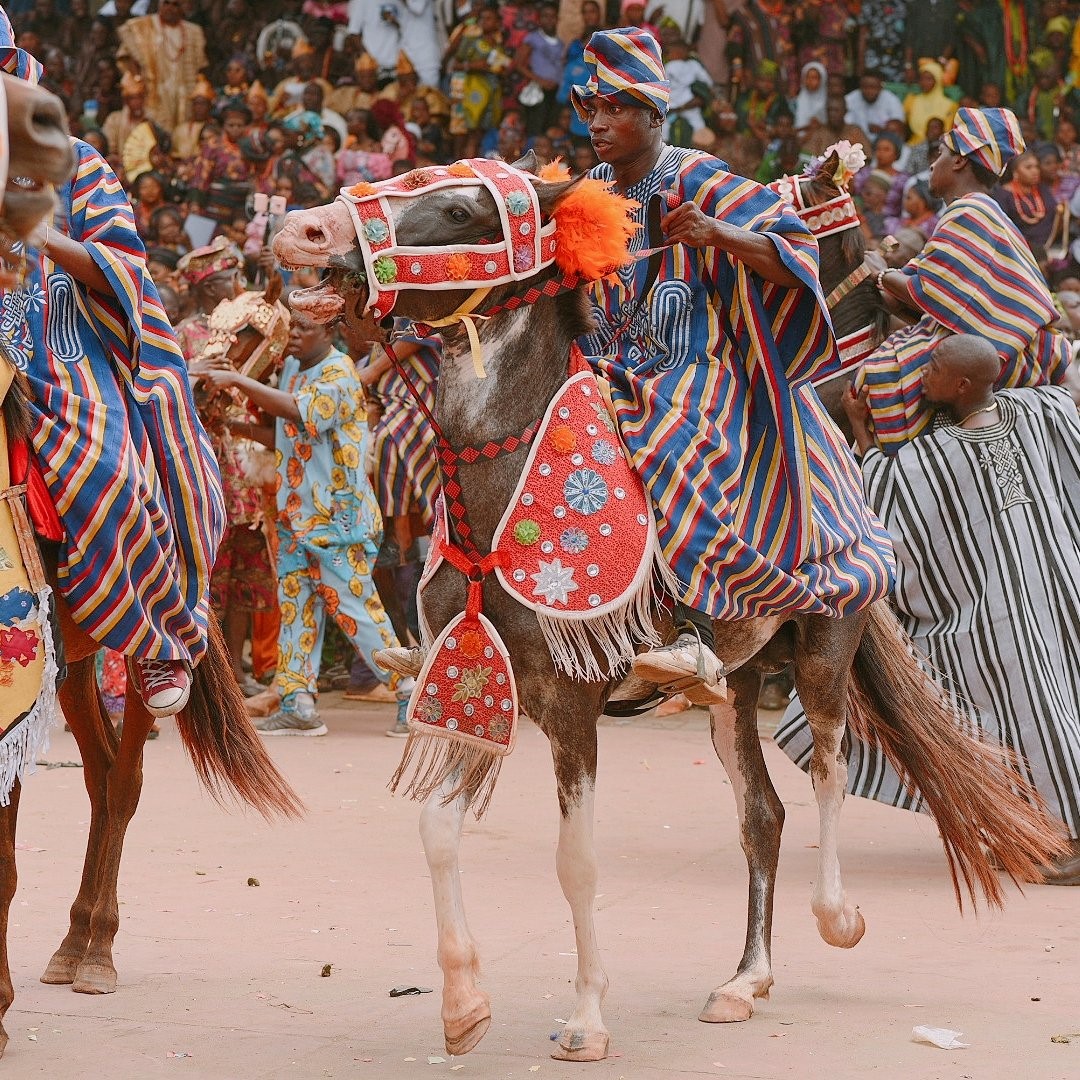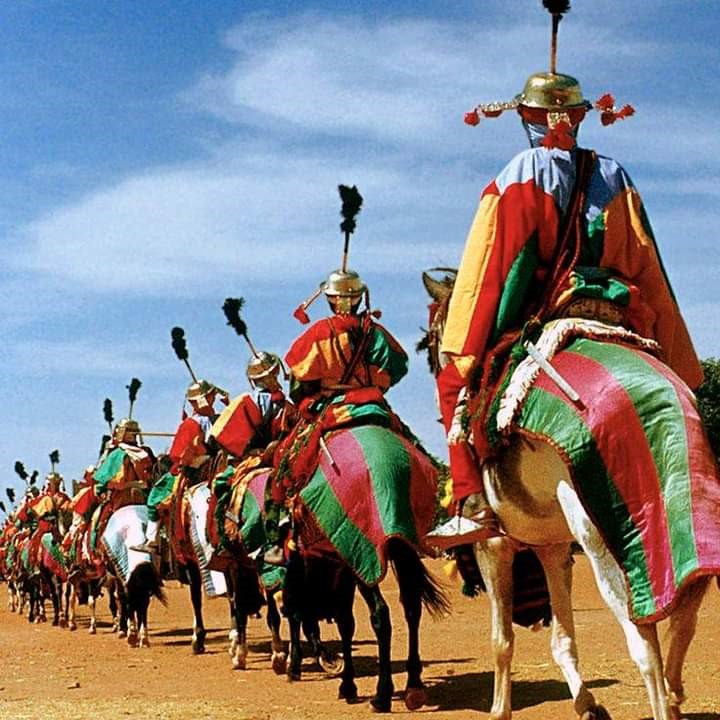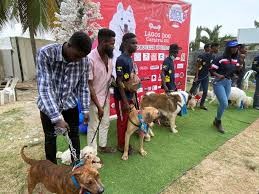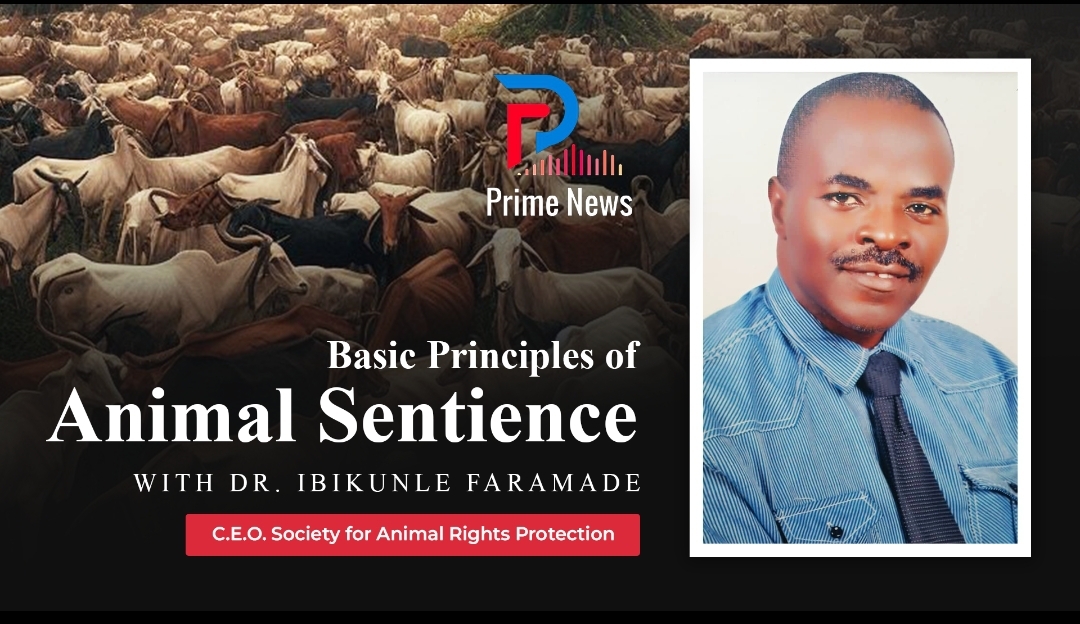By Dr Ibikunle Faramade
The use of animals by humans for sports and entertainment dates back to several centuries.
All animal sports have their roots in historical customs: religious rituals; contests staged for audience entertainment; and warfare, hunting, and herding practices. Blood sports, such as animal fighting, may have their roots in animal sacrifice, but were really popularized by the Romans as entertainment. It is on record that many animals, especially, wild animals were utilized by Romans for sports and entertainment in specialized arena referred to as a coliseum. Thousands of wild animals died in Rome‘s Coliseum while doing battle with each other or with gladiators. These events were often more like slaughters than sports. The animals were usually tortured with hot spikes or even dabbed with burning pitch to make them fight more ferociously and violently. The practice evolved over time, when domestic animals were introduced. These animals include horses, bulls, dogs and cocks. At a point in history, especially in medieval Britain, sports involving animals were restricted to the top brass in the society, especially, the royalty and top echelon of the clergy.

Today, in many countries of the world, promotion of cruel fight between animals have been outlawed, limiting their use to non- harmful activities that do not usually lead to loss of animal lives. However, the manner of handling of ‘spent animals’ after they have been culled has been a subject of debate among animal welfare enthusiasts. Stringent guidelines have been put in place in countries where animal entertainment is still allowed. Animal welfare groups insists, albeit, rightly that the use of animals for harmful sporting activities is not natural or instinctive as the promoters claim. Animals require rigorous training at times, painful routine, before they can be effectively deployed for such sports. The pecuniary gain associated with animal sports seems to be the true driving force of the game!
Till date, even in Nigeria, animals are engaged in sporting and entertainment activities. The most important of these activities is the game of polo where horses are engaged in collaboration with their riders. It is worthy of mention that usually, horses used have been bred for this purpose and polo clubs have developed global standards that promote the welfare of horses used for the tournaments.
Durbar is another cultural, religious and entertaining parade of horses, especially in the Northern parts of Nigeria. The ancient city of Kano is reputed to have started the ceremony about 1400s during the reign of the then Emir of Kano, Alhaji Muhammadu Rumfa. The ceremony which is usually held during eid-el-filtri and eid –el- kabir celebrations is used by war lords to pledge allegiance and loyalty to the Emir while displaying their readiness for deployment to battle ground anytime the need arises (in those days). The practice later spread to other parts of the ancient Hausa Kingdom, although, the event is now for commemorative purposes bringing to mind the victories of the past and the legendary contributions of the war lords to the prosperity and stability of their various kingdoms. These are positive use of animals.


Dog fight has been outlawed in many parts of the world. Bull dogs and mastiffs were specifically bred for this purpose. Dog fighting was predated by the use of dogs during warfare where dog fought alongside the Romans and the British during the Romans conquest of the British in AD 43. Dog fighting, bull-baiting, and bear-baiting were officially outlawed in England by the Humane Act of 1835. This led to the development of another dog type of entertainment popularly referred to as dog show.


Dog show is a competition in which purebred dogs are judged on the basis of their physical perfection as determined by breed standards or on performance criteria such as agility, tracking, obedience, or herding. The first English dog show was held in Newcastle in 1859, and a more ambitious one followed at Chelsea in 1863. The best known of English dog shows is Crufts, which has been held annually in London since 1886. The first formal dog show in the United States was held in 1877, sponsored by the Westminster Kennel Club. The annual shows sponsored by this kennel club, in New York City, and by the International Kennel Club, in Chicago, are two of the most important dog shows in the United States. In Nigeria, the history of dog shows is a subject of research, however, it is likely to have developed alongside the development of breeding of exotic breeds in major cities in Nigeria, especially, Lagos. It has become a popular means of entertainment with fabulous prizes for winners. This has brought to an end the reign of brutality in the name of sport, although a few countries of the world have remained adamant, such countries include China and Russia.

Ram fight is a type of blood sport that is not known to Nigerian laws. As earlier stated, blood sport is a kind of sport that involves bloodshed and even death! Over the years it has become entrenched as a result of financial rewards and prizes given to winners of the ‘championship’. The deadly sport is actively promoted by a group called Ram Lovers Association. It is very popular, especially during eid- el kabir celebration when all types of breed and shade of colors are available in the market for sallah. These unlucky animals are allegedly exposed to hard drugs and illicit substances that are believed to serve as performance enhancer.

Fights are scheduled from place to place until a national champion ram emerges! Along the line, many are brutally injured, permanently deformed and disabled. Some die instantly, many die as a result of infection, profuse bleeding, complicated fracture etc. This should not be so.



At various times, the Society for Animal Rights Protection have decried this cruelty to animals. The existence of the association that promotes animal abuse is inconsistent with the Universal Declaration of Animal of 1978. It is also a contravention of the criminal code section 485, the Penal Code Sections 207-209 and the Criminal Law of Lagos State Section 418.
According to Islamic Scholars, it is against the will of Allah (SWT) to inflict harm on animals. According to suratul Nal (Chapter 6 of the Holy Quran) the Almighty Allah says He has created all animals for the use of mankind but decreed that no suffering or pain be inflicted on them for he who inflicts pain or suffering on any animal shall go to hell fire among other punishments in the hereafter. In book of Proverbs Chapter 12 verse 10, the Holy Bible says ‘the righteous care for the needs of their animals, but the kindest acts of the wicked are cruel. This speaks volume about human responsibilities to animals.
In conlusion, it is crucial for the Nigeria Police Force and the Judiciary to show more than passive interest in the enforcement of the extant laws. It is high time the blood sport of ram fight is ended along with other forms of animal abuse in any guise.
The use of animals in blood sports is nothing but sheer wickedness. It is certainly inhumanity to animals, against divine injunctions and the laws of the land. This barbaric practice must stop. Going forward, just as dog shows have replaced brutal fighting among dogs for recognitions and prizes, the prospects of ram shows could be explored in a way that animal suffering and cruelty would be permanently eliminated.
Dr. Ibikunle Faramade is a veterinary pathologist, sustainable development practitioner, animal welfare advocate and a lecturer at the Federal College of Animal Health & Production Technology, Apata. Ibadan. He’s the C.E.O of the Society for Animal Rights Protection, a non-profit and a non-governmental organization dedicated to the promotion of animal welfare, animal rights and prevention of cruelty to animals. animalrightsprotection2020@gmail.com , +2348028305284


